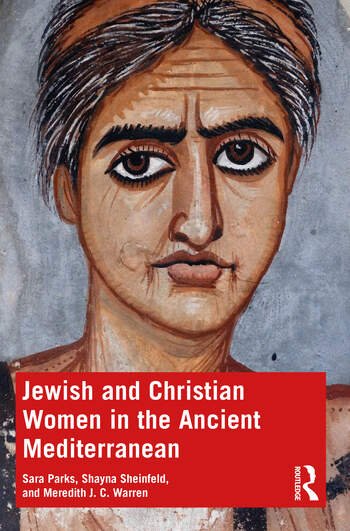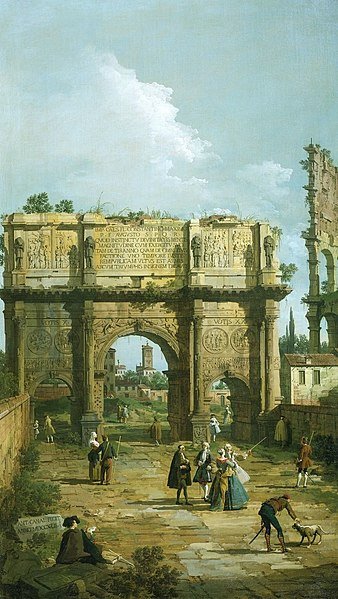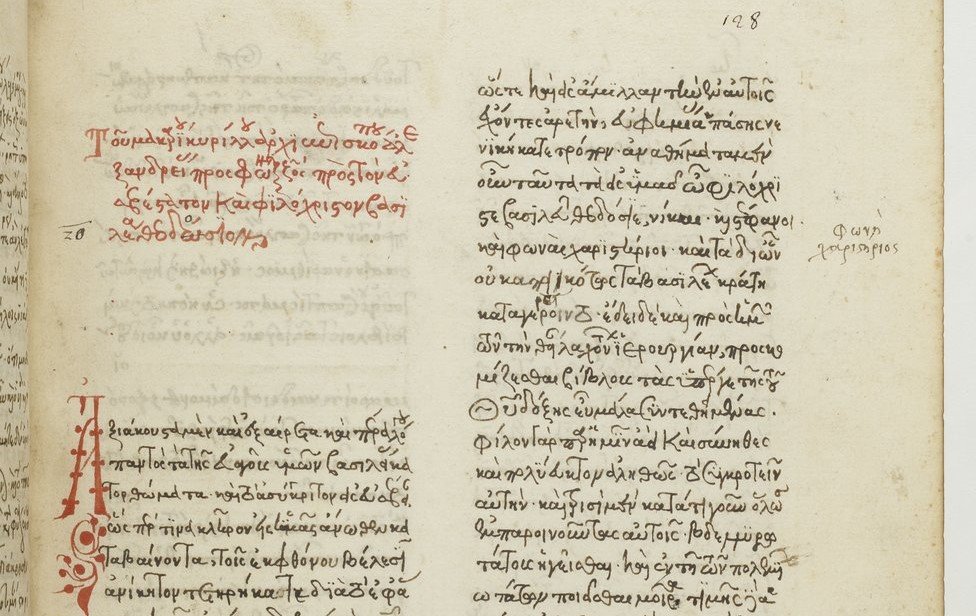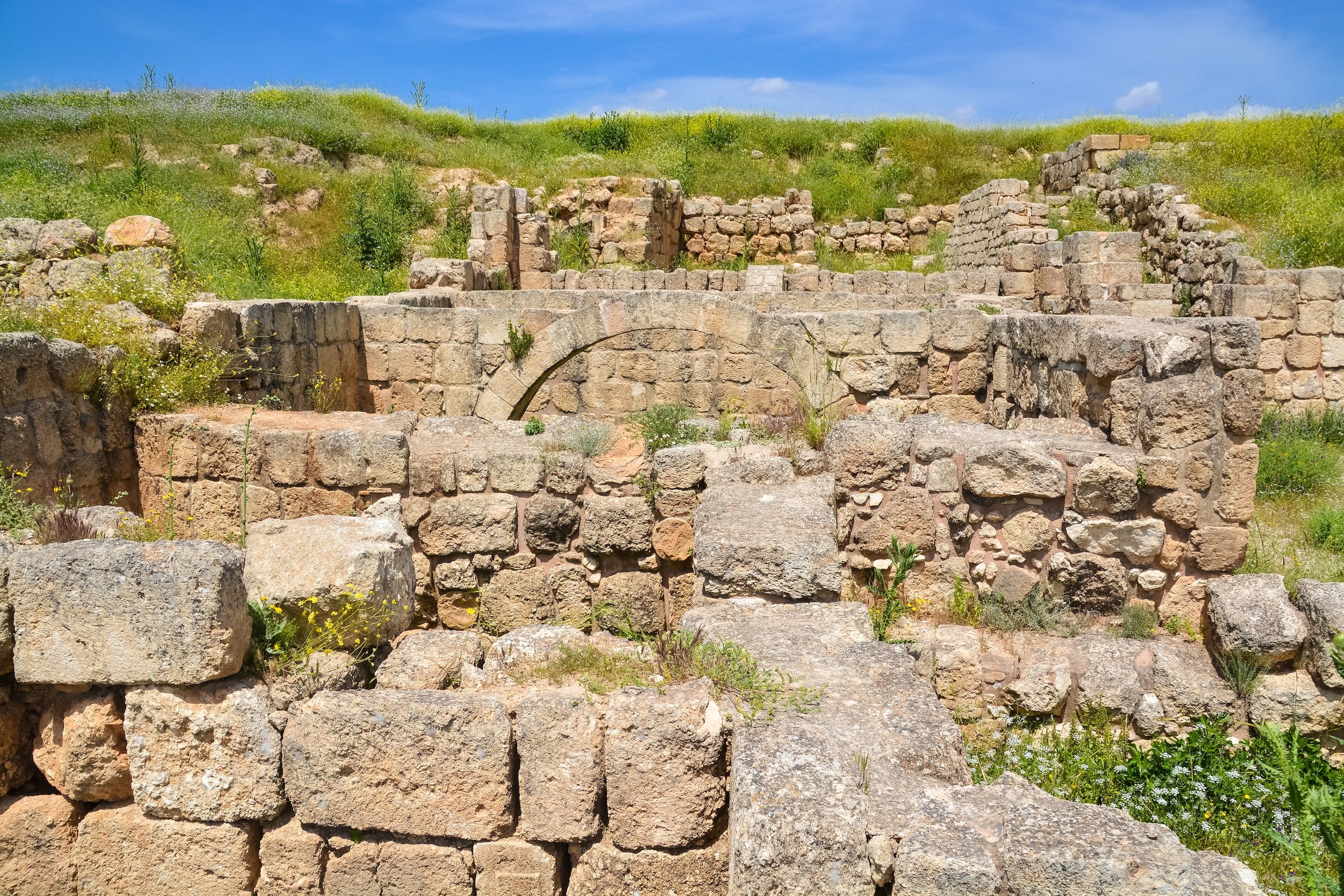My book attempts to address this particular historical context and argues for not only a general religious tolerance in the early centuries of Islam, but for an overlapping of sectarian boundaries throughout the period.
Read MoreLiterary Theory and the New Testament
Throughout Literary Theory and the New Testament, Dinkler builds a persuasive case for the contributions literary theory continues to make to the field of New Testament studies.
Read MoreThe Journey of Christianity to India in Late Antiquity: Networks and the Movement of Culture
The Journey of Christianity to India in Late Antiquity is a compelling take on how some Christians imagined an interconnected late ancient world.
Read MoreJewish and Christian Women in the Ancient Mediterranean
The authors explore in detail the roles women played, attending to commonalities and particularities of “Jew and Gentile” women. From the very beginning, the authors take great care to guide those who will teach from this textbook, and they are explicit about the book’s scope and limitations. Readers will find not only a useful primer for studying gender within ancient texts, but also, a detailed account of the various ways in which readers and students themselves interpret these texts.
Read MoreThe Spirit within Me: Self and Agency in Ancient Israel and Second Temple Judaism
“In this innovative and deeply engaging study, Newsom sparks new ways of thinking about models of moral agency in biblical and early Jewish literature and paves the way for a broader application of the analysis that considers Jewish literature composed in Greek or the literature of other cultures.”
Read MoreThe Politics of Roman Memory: From the Fall of the Western Empire to the Age of Justinian
What did being Roman mean after 476? And how did the notion that the Roman empire could fall shape political rhetoric in the east?
Read MoreThe Narrative Shape of Emotion in the Preaching of John Chrysostom
Weaving together studies of emotion, homiletics, and biblical exegesis, this work offers an important analysis of a recurrent theme in Chrysostom’s preaching.
Read MoreMemory in a Time of Prose
By focusing on known dynamics of memory and archaeological evidence, Pioske brings together sometimes-disparate methodological considerations to make a persuasive case for how one might engage in a historically and theoretically responsible way with the knowledge claims made in early Hebrew texts.
Read MoreEusebius and Empire: Constructing Church and Rome in the Ecclesiastical History
Corke-Webster argues that the History reflects Eusebius’ particular socio-political circumstances during the first quarter of the fourth century.
Read MoreInstitutionalized Routine Prayers at Qumran: Fact or Assumption?
[H]is project does bring to the fore the question of what these terms—as classificatory labels—might have meant to the ancient authors who used them, and, perhaps more within our control, what they mean for scholars today. If our evidence seems to resist our current attempts at classification, perhaps we need to rethink how we are classifying.
Read MoreAuthor’s Musings: Bringing Down the Temple House
Marjorie Lehman shares the formative context of feminist scholarship and the pandemic that guided her work on Bavli Yoma.
Read MoreAccessing the Ancient Mediterranean Studies Classroom
Roman geometric mosaic floor, from Conimbriga, Portugal. Image by Carole Raddato.
Roman geometric mosaic floor, from Conimbriga, Portugal. Image by Carole Raddato.
When it came to material culture, I faced another set of accessibility-related roadblocks. I had come to internalize the perspective from the opening of this essay: material culture constituted an evidentiary corpus for which vision was a precondition for insightful analysis. Such an opinion has an ancient pedigree.
Read MoreUnexpected Influences with Mira Balberg
'Nof Kibbutz' by Yohanan Simon
'Nof Kibbutz' by Yohanan Simon
Mira Balberg shares an unexpected influence upon her work with rabbinic literature.
Read MoreSacred Stimulus: Jerusalem in the Visual Christianization of Rome
Noga-Banai structures her study around repeated journeys between Jerusalem and Rome from the first through fifth centuries, tracing a period from subtle to increasingly assured visual appropriation of memories and tropes, culminating in a self-assured and assertive Rome confident in its identity as the perceived historical center of the Christian movement.
Read MoreDissertation Spotlight | Disputation as Out-Narration
The implications for our understanding of Julian and Cyril, as well as the ancient traditions they represented and maintained, are enormous. But the implications extend further still, as should be clear from my concluding list of possible indicators that suggest narrative conflict may be at play between rival traditions, past or otherwise.
Read MoreCharity in Rabbinic Judaism
“In sum, Gray is a careful and intuitive reader and teacher of rabbinic text creating cogent and compelling arguments which support her conclusions about the interplay and shift in rabbinic values and theology on charity.”
Read MoreDo Rabbis Belong in Early Jewish Christian Relations?
“In doing so, this scholarship reinforces a hegemonic Christian perspective that assumes that scholars of Christianity can speak on behalf of Jews because they are peripheral or secondary aids to the study of Christianity. It is a different but just as pernicious form of Jewish erasure that must be reckoned with.”
Read MoreThe Eye, the Sense of Sight, and Seeing God? Reflections on God’s (In)visibility Considering Early Jewish Christian Relations
“As scholars of early Jewish-Christian relations, how much of our identities should we reveal? Which, of course, lies at the heart of the question: What are the opportunities, pitfalls, joys, and challenges of incorporating our subjectivity and identities into our scholarship?”
Read More"The Parting of the Ways": Reflections on the Journey
“From an a priori perspective, this is not what the epithet “the Parting of the Ways” does; rather, it imposes an understanding rather than proves itself as an effective analogy. We need only consider the arguments that in relation to communities of Jesus believers which were predominately or entirely of gentile origin, there could be no parting of the ways: hence, it pertains only to those contexts where the majority had identified or still did identify themselves as Jews, presumably in terms of their genealogical inheritance.”
Read MoreThe Study of Early Jewish Christian Relations: Then and Now A personal reflection
“Perhaps the perennial focus on theological issues stems from a narrow, one might say non-Jewish, understanding of Judaism. If we instead took a more expansive view of Judaism as pertaining not to a religion in the modern sense but rather to the many aspects of life that Jews considered to be governed by Torah, we might also broaden our consideration of early Jewish Christian relations to include economic and cultural relationships.”
Read More


















